I'm using Vue 3 and Vue.prototype.$foo seems to have been removed for this version. I also found that in my version of VueX there is no this._vm.
I explored the Provide / Inject method which is recommended by the Vue 3 docs. This worked nicely for accessing globals from within my components, but I couldn't access them from within store.
The solution I went for was to use globalProperties on the Vue object and standard properties on store, and set them just before mounting the app.
main.js:
import store from './store/index';
import App from './App.vue';
// Load custom globals
import conf from '@/inc/myapp.config';
const app = createApp(App)
.use(store);
// Register globals in app and store
app.config.globalProperties.$conf = conf;
store.$conf = conf;
app.mount('#app');
What I like about this is that I can access the globals in the same way in both store and components.
In a component:
export default {
data() {
return {
};
},
created() {
console.log( this.$conf.API_URL );
},
}
...and you can access this.$conf.API_URL in the same way from actions, mutations and getters.
Once I'd found this solution I no longer needed access to the whole Vue instance from within store, but if you need it for some reason you can assign store.$app = app; in the same place in main.js.

